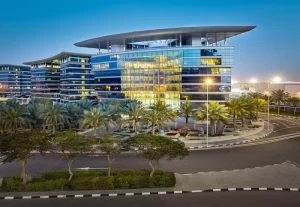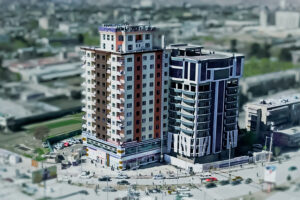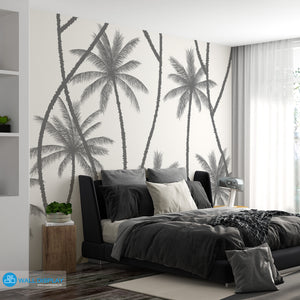
Incorporating sustainable practices into your office fit-out is an effective way to reduce your environmental footprint and create a healthier workplace. When planning an office renovation or redesign, working closely with fit out contractors in Dubai who understand sustainable design principles can help you achieve a greener, more efficient space. There are several key areas to focus on when aiming for sustainability, including material selection, energy efficiency, and waste management.
Select sustainable materials:
Choosing sustainable materials is a fundamental step in creating an eco-friendly office fit-out. Opt for materials that have low environmental impact, such as recycled or reclaimed materials. For instance, using reclaimed wood or bamboo for flooring and furniture reduces the need for new resources and minimizes waste. Look for products with certifications like Forest Stewardship Council (FSC) for wood and Greenguard for low-emission materials. These choices contribute to a healthier indoor environment and support sustainable forestry practices.
Implement energy-efficient lighting:
Lighting is a significant factor in office energy consumption. To improve energy efficiency, use LED lighting, which consumes less power and has a longer lifespan compared to traditional bulbs. Incorporate daylight harvesting techniques by positioning workstations near windows and using skylights to increase natural light. Install motion sensors and dimmers to ensure that lights are only used when necessary, further reducing energy consumption.
Design for energy efficiency:
Energy-efficient design extends beyond lighting to include heating, ventilation, and air conditioning (HVAC) systems. Choose energy-efficient HVAC units and ensure they are properly maintained to increase efficiency. Insulate walls, windows, and doors to improve thermal performance and reduce heating and cooling needs. Implementing smart thermostats and zoning systems allows for precise temperature control, which improves comfort while conserving energy.
Promote water conservation:
Water conservation is another key aspect of sustainability. Install water-efficient fixtures such as low-flow faucets, toilets, and urinals to reduce water consumption. Consider using rainwater harvesting systems or greywater recycling for non-potable uses. These measures help lower water bills and reduce the strain on local water resources.
Integrate sustainable furniture:
Sustainable furniture options are available for various office needs. Look for furniture made from recycled or rapidly renewable materials. Modular and multi-functional furniture can extend the life of your office setup and reduce waste. Additionally, select products with low-VOC (volatile organic compounds) finishes and adhesives to improve indoor air quality.







